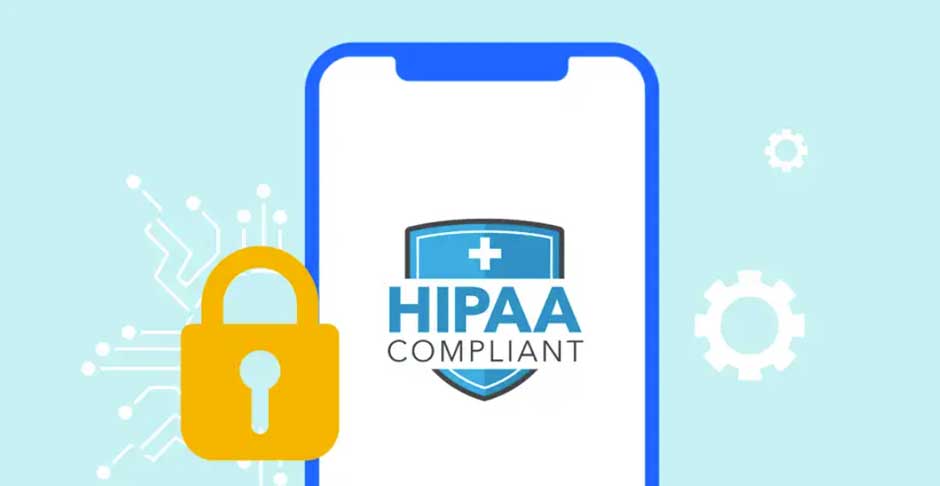In an era when the protection of patient information is of the utmost significance, adhering to HIPAA compliance is not only a legal duty but also a critical ethical commitment. The Health Insurance Portability and Accountability Act (HIPAA) lays out standards for safeguarding sensitive medical data and private patient information.
What is the HIPAA Act?
HIPAA stands for Health Insurance Portability and Accountability Act. The United States federal statute from 1996 establishes requirements for the security and privacy of sensitive patient data. It provides patient rights, specifications for safe electronic data transfer, and obligations of healthcare providers to maintain the confidentiality and accuracy of patient data.
Here are five brief tips to assist you in navigating the challenges of HIPAA compliance
1. Understand the Scope of Protected Information
The first step in complying with HIPAA is having a thorough understanding of the types of data that are covered. Any health-related information connected to an individual that could be used to identify them is referred to as protected health information (PHI). It also includes fundamental identifiers like names and addresses as well as medical histories, test results, and records of medical care. Establishing strict standards for handling, sending, and storing PHI is necessary to maintain compliance. Implement audits, encryption, and access control measures to guarantee the security of this sensitive data.
2. Conduct Regular Training
Maintaining HIPAA compliance critically depends on employee education. It’s critical to base your compliance efforts on comprehensive training programs. Inform your team about the importance of HIPAA rules, the potential repercussions of noncompliance, and the recommended practices for data protection. Everyone on staff, from physicians and nurses to office personnel, should be knowledgeable about protecting PHI. These procedures can be reinforced by regular training sessions, workshops, and refresher courses, which can also keep your team up to date on the state of healthcare data security.
3. Implement Stringent IT Security Measures
Strong IT security measures are necessary, given the proliferation of digital records and electronic health systems. To prevent unauthorized access, use encryption for data both in transit and at rest. To fix any potential vulnerabilities, update and patch software systems often. Use firewalls, intrusion detection systems, and access controls to strengthen your digital infrastructure. To find and fix any weak points, conduct routine security audits. You may improve HIPAA compliance and defend your company against online dangers by prioritizing IT security.
4. Establish a Contingency Plan
Unexpected situations and emergencies may compromise your data. HIPAA requires that covered companies have a contingency plan to guarantee business continuity and data security in such circumstances. Create rigorous data backup strategies, disaster recovery protocols, and communication plans to be ready for unforeseen disruptions. To ensure these tactics’ effectiveness, test them often and make any necessary adjustments. A properly implemented contingency plan can stop data loss, save downtime, and show your dedication to HIPAA compliance.
5. Conduct Routine Compliance Audits
A constant self-evaluation is necessary to ensure HIPAA compliance. To check how well your company complies with HIPAA rules, do frequent audits. In order to find any discrepancies or weaknesses, it is crucial to evaluate policies, procedures, and security measures. To resolve these problems, immediate corrective action is required. To perform in-depth assessments, take into account hiring external auditors. Their independent evaluations may offer fresh viewpoints and help you identify any internal blind spots you may have overlooked.
Conclusion
HIPAA regulations must be followed in order to safeguard patients’ privacy and health. You may establish a strong foundation for HIPAA compliance by completely understanding PHI, educating your team, adopting strong security measures, having backup plans, and conducting frequent audits. As the healthcare industry changes, staying up to date on legal amendments and technological developments is necessary to maintain the greatest degree of patient confidence and data security.

